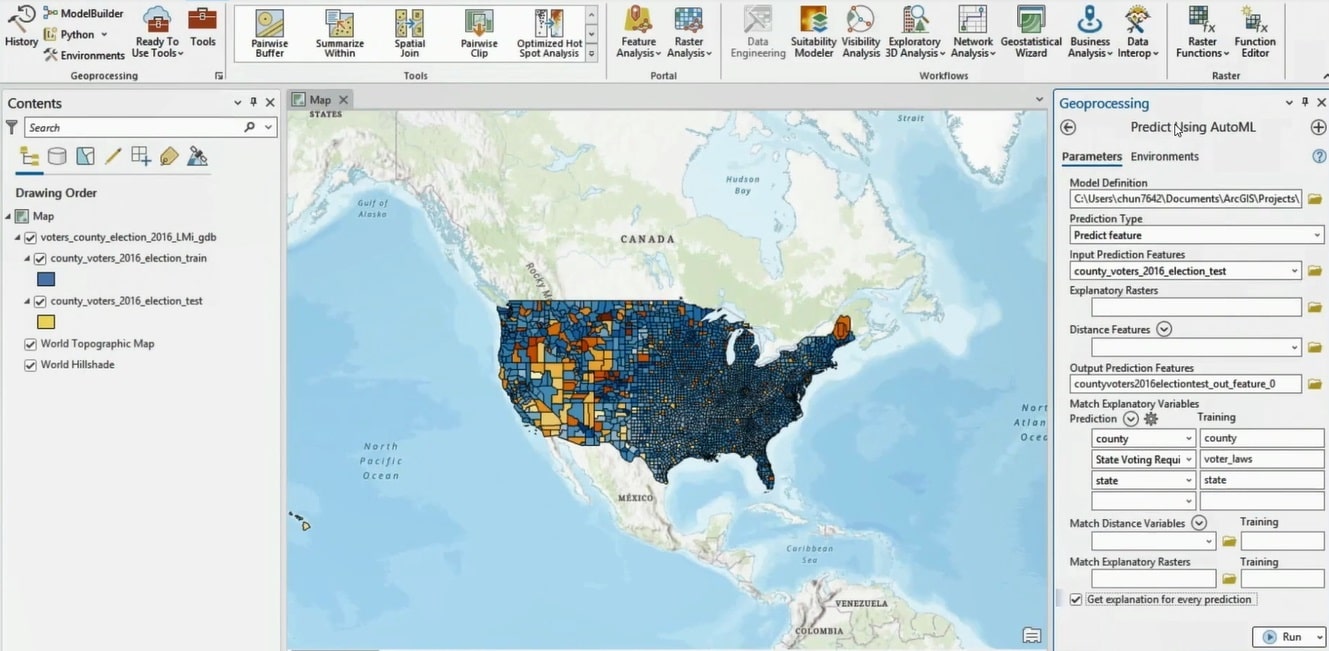Construction project delays are expensive and frustrating. Even with the best planning, issues can arise that can grind workers to a halt, such as extreme weather conditions, unexpected labor shortages, or equipment failure.
The key is to prepare for potential problems and know how to bounce back when issues arise. Read on to learn about four common construction project delays and how to avoid them.
Table of Contents
Labor Shortages
Labor shortages are a huge problem for many construction firms, as the industry is crying out for skilled workers in various fields. Prevent delays by allocating a crew to a specific project in advance, ensuring that you have the time to gather the right tradespeople who will execute tasks to a high standard and on schedule.
The project size and budget will determine how many builders, joiners, electricians, plasterers, tilers, and plumbers you’ll need onsite. Build relationships with many local contractors to gain access to qualified tradespeople for a fixed period. For example, you could hire electrical contractors from https://www.quantum-electrical.co.uk/ to work on projects of all sizes, from small homes to large commercial buildings.
Prepare for Poor Weather
You can’t control when extreme weather conditions will occur, but you can prepare for them. For example, if you’re planning a winter construction project, you may need to add extra time to the schedule to account for bitterly cold temperatures, storms, or snow.
Also, you must provide your team with the right gear to safely work in extreme weather, such as waterproof clothing, protective boots with excellent grip, and waterproof gloves. Don’t forget to remind your team to apply sunscreen when working outdoors in hot temperatures and encourage them to drink plenty of water to avoid dehydration.
Poor-Quality Materials
Poor-quality materials can slow down a project and potentially grind it to a halt. The issue might occur due to changing to a poorer quality supplier, leaving materials idle for too long, or poor handling. When the problem occurs, it can slow down a tradesperson, which can cause a ripple effect of delays across the construction site.
Buy the materials you need in advance to review their quality and organize replacements if necessary. Also, you must protect them from potential damage, such as storing them in a safe, sheltered, and ventilated environment. This will ensure that you have all the supplies you need while preventing overspending.
Unrealistic Budgeting
Creating a realistic construction budget is one of the hardest aspects of a project, and many external factors can quickly increase overheads. For example, the price of materials could skyrocket, labor rates could increase, and you might need to pay a premium for in-demand rental equipment.
Budgeting issues are more than frustrating, as they could halt a construction project for many weeks, months, or even years until prices are reduced or additional money is found.
Prevent the worst from occurring by being as transparent as possible with a client about the potential costs of the project, such as rising rates of heavy-duty equipment, labor, or materials. Ensure that you closely track expenses to prevent the budget from spiraling.





